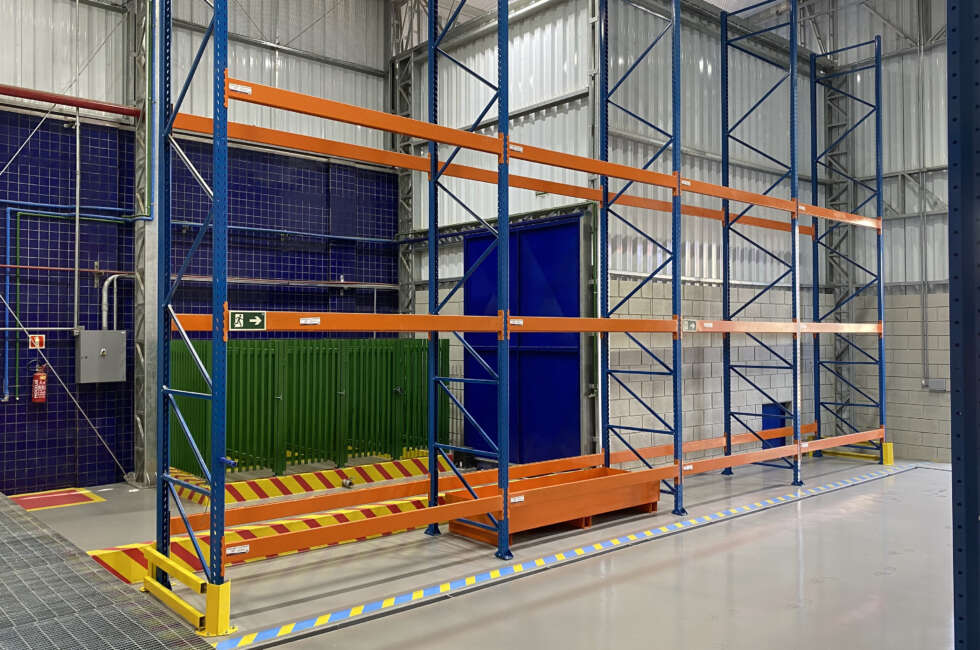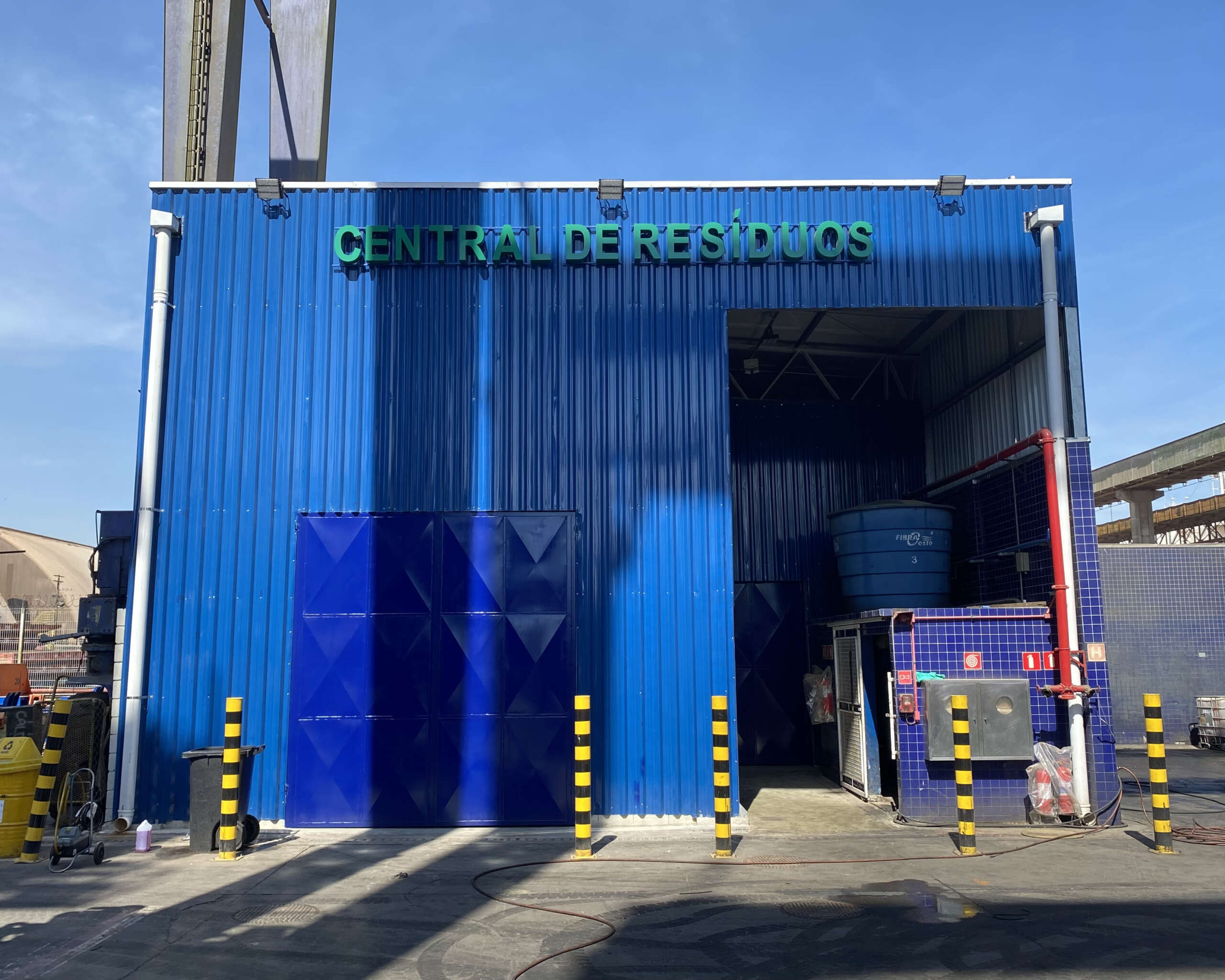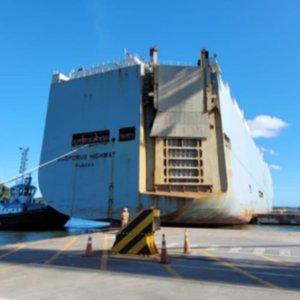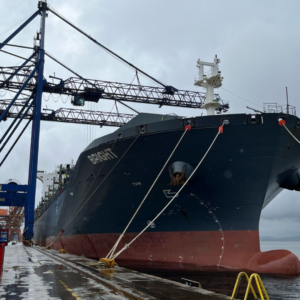New space should ensure that 100% of contaminated waste is sent for recycling, treatment or reuse
With one hundred and twenty square meters of floor space and capacity for 42 IBCs (Intermediate Bulk Containers) on pallet racks, the Waste Center at TCP, the company that manages the Paranaguá Container Terminal, has just been inaugurated. The aim of the project is to deal with waste in a sustainable way, taking into account environmental and social impacts and best governance practices. In addition to the initial capacity, there is the possibility of expanding the storage space to a further 14 IBCs.
Built in 90 days, the packaging structure is separated for each type of contaminated waste, whether liquid, solid, chemical, contaminating, hazardous, incompatible, among others. Among its main features, the Waste Center has capacity for five containment basins with oily waste and for six IBCs in the containment bay. As for dry waste, the center has dedicated bays for storing batteries, light bulbs, batteries, PPE and various types of bags.
These areas have channels that direct and segregate in the correct place any waste that could fall out of the containers. The floor of the Waste Center has also been waterproofed with technological material, preventing soil contamination and facilitating constant cleaning.
As Kayo Zaiats, TCP’s occupational safety, health and environment manager, explains, this is a modern plant, which has several operational control devices, providing optimum performance and preventing contamination. “As well as protecting the health of our employees, this project meets TCP’s goals of preserving the ecosystem around its area of operations, taking care of the environment and the well-being of nearby communities,” says Zaiats.

Benefits
The collection center will be used to deposit contaminated waste to ensure that 100% of it is sent for recycling, treatment or reuse. “Segregated storage makes it easier to dispose of waste according to type, enabling the best possible disposal and complying with all legal standards,” adds TCP’s occupational safety, health and environment manager.
Waste management in the ESG context is not just an environmental practice; it is a holistic approach that considers social impact and governance practices to promote a more sustainable and responsible environment.
For Zaiats, this is another step within the ESG strategies, after all, the initiative demonstrates the terminal’s awareness of the risks that improperly stored waste causes, both to its employees and to the environment. “It’s part of our mission to continuously improve our environmental and social performance,” he concludes.



